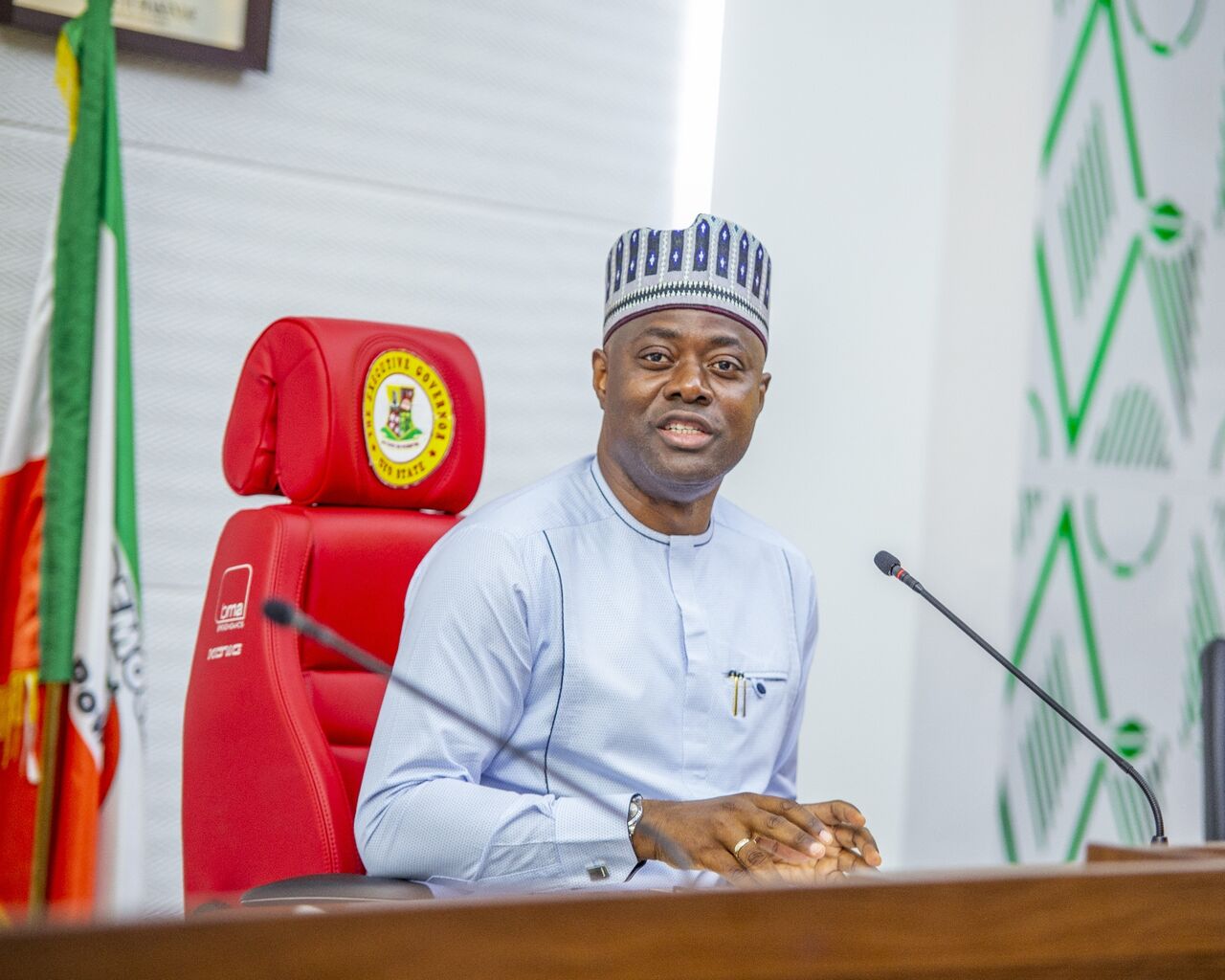Health
Cholera outbreak: Oyo health workers, nurses’ strike paralyses activities in hospitals

The seven-day warning strike embarked upon by medical and health workers in Oyo State has paralysed activities in hospitals across the state.
The News Agency of Nigeria (NAN) reports the warning strike by the medical and health workers, coupled with the indefinite strike embarked upon by nurses and midwives over a month ago, is coming amidst a nationwide cholera outbreak.
NAN also reports that nurses and midwives had, on May 21, embarked on an indefinite strike, in compliance with the directive of the state chapter of National Association of Nigeria Nurses and Midwives (NANNM).
The union, through its state Chairman, Dr Samuel Adeyemi, had cited failure of the state government to address its demands as the reason for calling for the strike.
Also, the Medical and Health Workers’ Union of Nigeria (MHWUN), Oyo State chapter, on Monday, directed its members to embark on a seven-day warning strike to press home their demands.
A NAN correspondent, who visited the government hospitals within Ibadan metropolis on Wednesday, reports that medical and health workers were conspicuously absent due to the industrial action.
The government hospitals visited included: the State Hospital at Ring Road, Oni and Son Memorial Hospital and Jericho Nursing Home, among others.
NAN also reports that the usual hustle and bustle that used to characterise the hospitals had disappeared, while offices and emergency wards were deserted and the facilities remained a ghost of their former selves.
Most of the patients, who spoke with NAN, lamented that the industrial action is taking its toll on them, as they complained of not receiving adequate medical attention from the hospitals.
Mrs Yemisi Adeyanju, a housewife, expressed the regret that her baby could not receive her immunisation due to the strike.
“My daughter could not get her immunisation because the nurses who are to attend to us have not been working for more than one month now.
“We are to go for the immunisation in another place that is not a government hospital, even as we prefer Adeoyo hospital because that is where the baby has been receiving the immunisation right from birth,” she said.
Also, Mr Tobi Ajayi, a patient, lamented that major departments at the hospital were not working.
“Even the biomedical engineers who work and maintain hospital equipment, including oxygen, gas and surgery facilities, are not working; hence no surgery can take place now.
“Imagine the risk they are putting the lives of the patients into,” Ajayi said.
The MHWUN Chairman in the state, Mr John Fabunmi, had maintained that the workers would continue the strike until their demands were met.
“We have been on these agitations for a very long time but the government is not perturbed and so, we cannot continue to keep quiet.
“We are happy that our members are complying with the strike in all the health facilities, including veterinary clinic workers and environmental health officers, while refuse collection had also stopped.
“Also, there is no ambulance service all over the state at present.
“If the government fails to respond to the strike by next Monday when the warning strike will be over, we will then embark on an indefinite strike till our demands are met,” Fabunmi said.
Reacting to the situation, the Chairman of Nigerian Medical Association (NMA) in the state, Dr Happy Adedapo, said it was unfortunate that government had been “insensitive” to the plights of the health workers.
Adedapo said it was unfortunate that government’s insensitivity had led to the health workers going on strike, particularly at a time when virtually all the states of the federation was being ravaged by cholera outbreak.
“It is unfortunate that this is the era when cholera cases in Lagos are on the increase. If care is not taken, due to the proximity, there might be cholera epidemic of high proportion in Oyo State.
“Imagine a government that is aware of such danger allowing health workers to go on strike now. To me, this is inconceivable; whereas it is only a healthy populace that can generate wealth.
“The health of Oyo indigenes are at risk. We are talking about life and health here. So government should be more responsive, meet the striking workers and find solution to the issues at stake,” Adedapo said.
Also, the past National Publicity Secretary of Nigerian Medical Association (NMA), Dr Obitade Obimakinde, said cholera outbreak was a major public health emergency, with dire consequences in terms of morbidity and mortality.
According to him, cholera patients usually have repeated episodes of watery diarrhoea and urgent resuscitation, adding that fluid therapy in health facilities is a major priority in safeguarding the lives of the affected individuals.
Obimakinde noted that the strike by health workers at this critical time was a bad news for the already weakened health sector in the state.
“Government needs to do everything humanly possible to avert the impending doom; they need to sit down with the leaders of the health workers’ unions and attend to their demands,” Obimakinde said.
Similarly, Mr Oludayo Olabampe, the Joint Action Committee (JAC) Chairman of University College Hospital (UCH), Ibadan, said that a responsible government should, at such a time like this, grant the demands of the unions to avoid serious health issue.
“The strike embarked upon by these unions points to government’s insincerity and lack of fairness to the health workers.
“Health care is a team work and until the state government realises this, we will continue to have incessant strikes.
“Government should know that nurses and other health workers are as important as other categories of workers in the health sector too.
“This is obviously not the right time to go on strike, but I can’t blame the union, as strike has become the only language government understands,” Olabampe said.
However, Chairman of Oyo State Hospitals’ Management Board, Dr Akin Fagbemi, said government would look into the agitations of the striking health workers.






